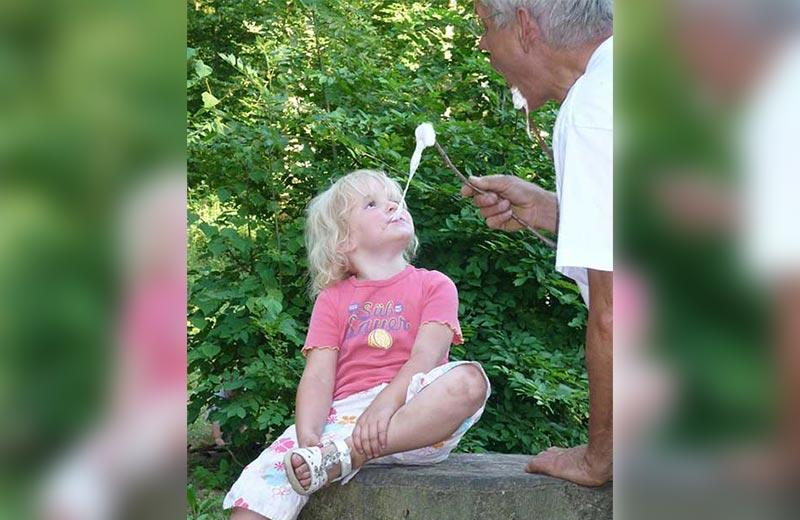Know the signs of a heart attack
Imagine this: You are enjoying a BBQ at your grandparents' home. Your grandmother is standing at the grill, serving up the burgers. When you approach with your plate, you can see she is sweating. It's hot near the flames, so you don't pay much attention.
You all sit down at the picnic table with your plates. Everyone is laughing and jostling, but your grandmother looks serious. She says she feels nauseous and lightheaded and wants to lie down.
Just then, your uncle goes over and puts his arm around your grandmother. He speaks quietly in her ear. You can see your grandmother nodding. Within minutes, your uncle is calling 9-1-1 and shortly after, the ambulance arrives. Your grandmother is fine, all because your uncle recognized the signs of a heart attack and knew what to do to help.
Heart attack – the medical term is acute myocardial infarction – occurs when the blood supply to the heart is interrupted. This can happen for different reasons, but it's usually due to a blockage in one of the arteries in the heart. It's a life threatening condition and needs immediate treatment.
According to the Heart and Stroke Foundation, the signs of a heart attack include:
- Chest discomfort – pressure, squeezing, fullness or pain, burning, or heaviness
- Sweating
- Upper body discomfort – neck, jaw, shoulder, arms, back
- Nausea
- Shortness of breath
- Light headedness
These signs may not show up suddenly or seem particularly severe, and different people experience these signs differently. In particular, men and women tend to have different symptoms. The woman in the story above, for instance, never experienced the chest or upper body discomfort so commonly associated with heart attack. This is why it is so important to know these signs and to act immediately if you or someone you know is experiencing any or all of them.
What do you do if you or someone you know has the signs of a heart attack?
- Call 9-1-1
- Stop all activity
- Take your normal dosage of nitroglycerin (if you take nitroglycerin)
- Take Aspirin if you are not allergic to it (either one 325 mg tablet or two 81 mg tablets)
- Rest and wait
- Keep a list of your medications with you
Knowing the signs of heart attack can help you and others get to treatment quickly and increase the chance of recovery.
If you would like more info about heart conditions such as heart attack, or are looking for prevention and treatment info, visit the BC Heart and Stroke Foundation. Happy Heart Month!














Comments